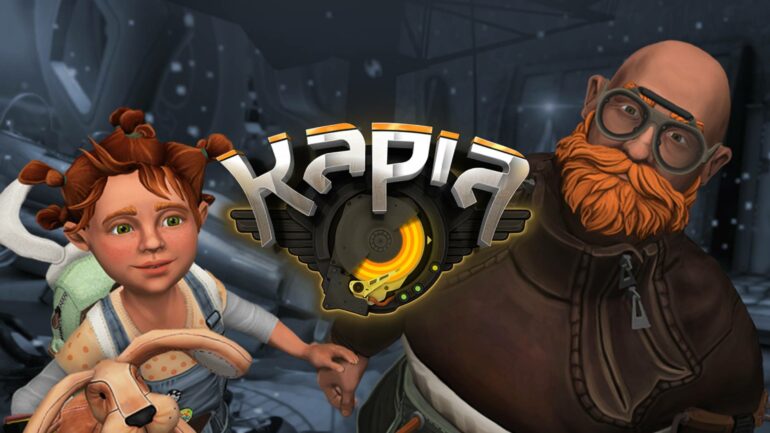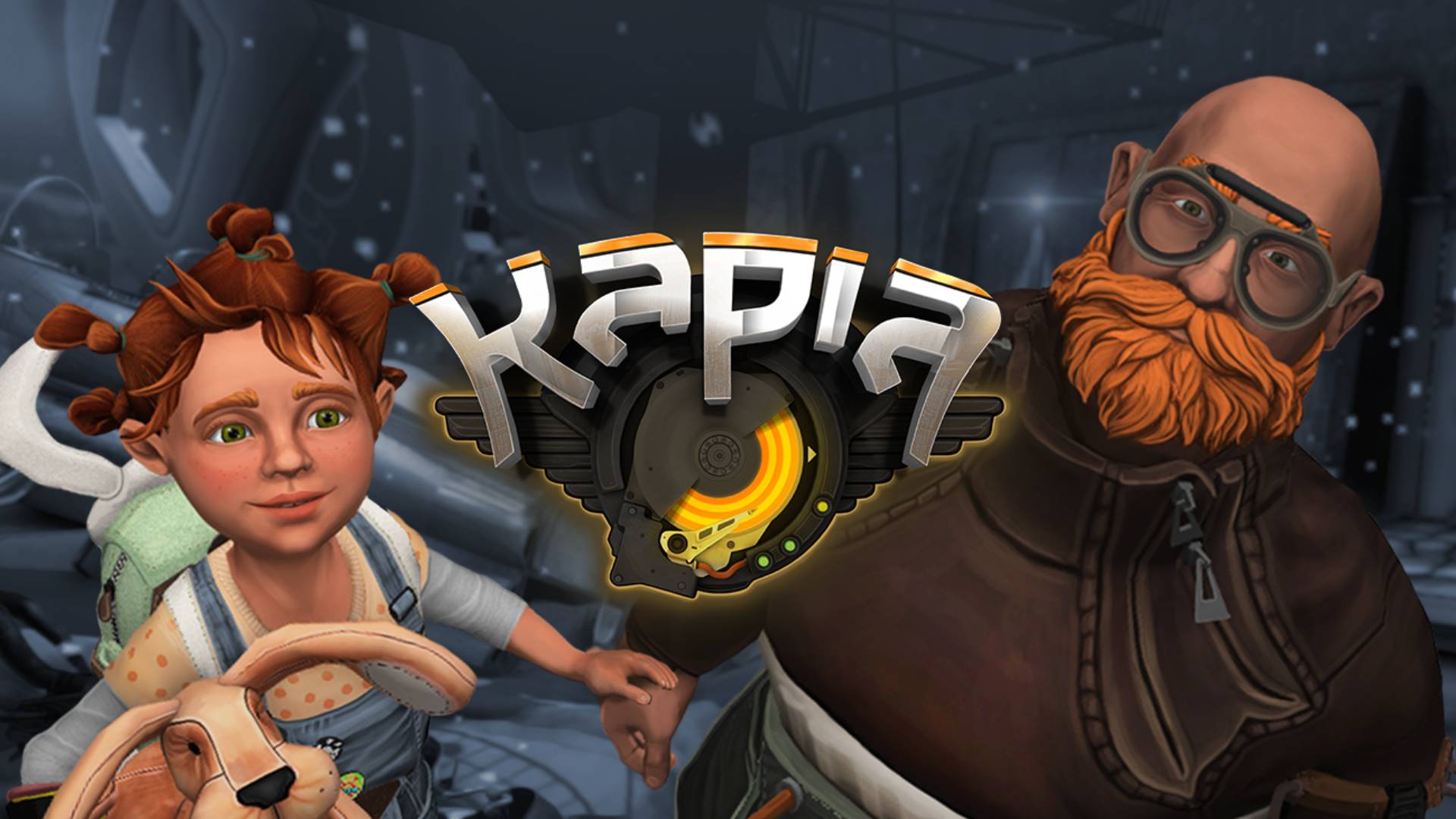Games in the point-and-click genre are known to be pretty experimental. Titles in the genre like Machinarium and the Monkey Island series are able to push the boundaries of creativity in terms of narrative and have wowed fans of the genre for decades. KAPIA, by husband and wife team 2FOR2, pushes a lot of ideas.
Unfortunately, while a lot of them prove KAPIA to be a labour of love, many of them fall flat.
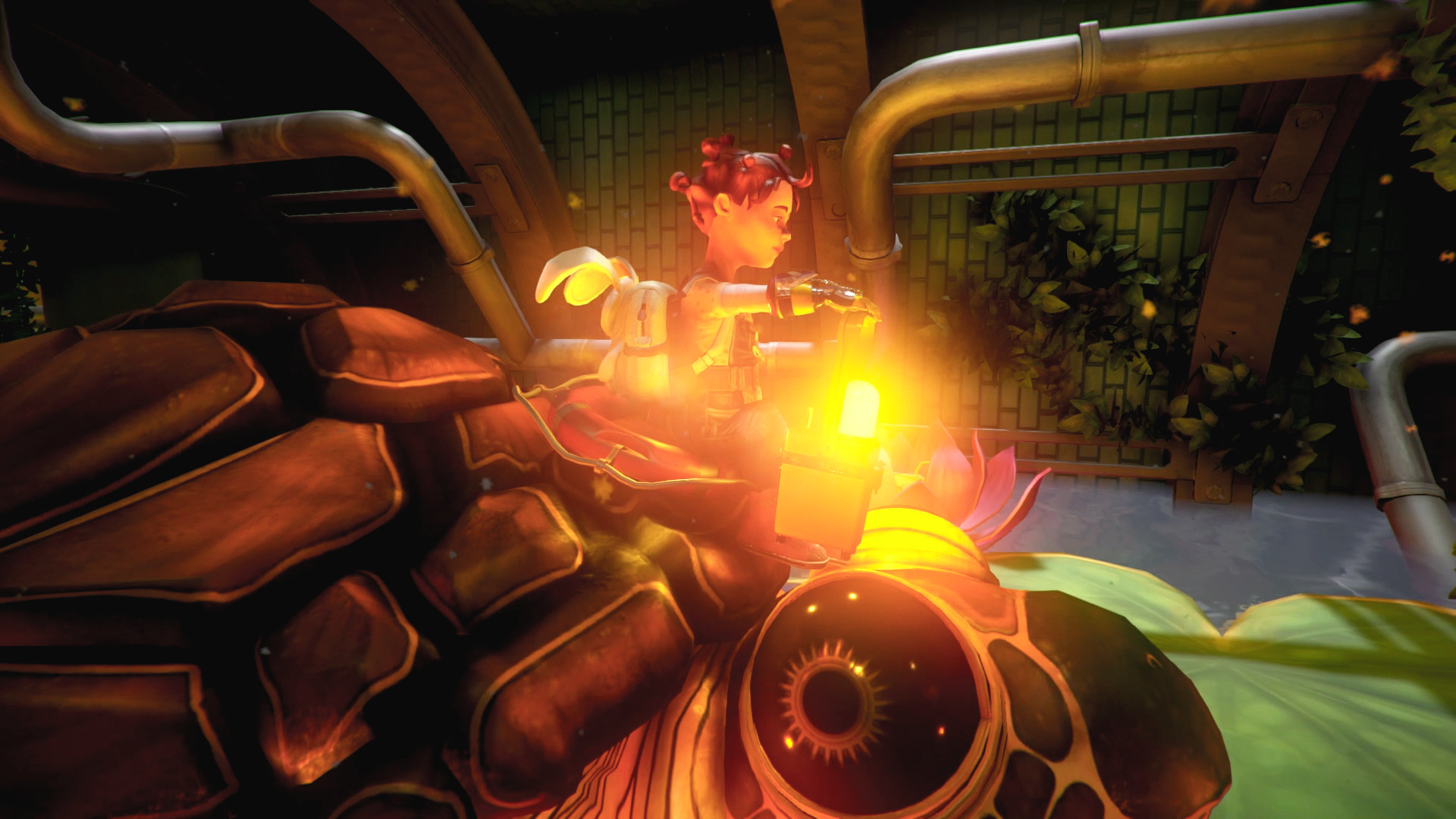
“The developers made the most of their unique setting and utilised creative ideas to express their themes.”
The world of KAPIA is perpetuated by a constant sense of unending sadness. Filled with the agony and suffering of a devastating war, it feels oppressively bleak. Its population has been left with nothing but the ruins of war and forced to divide into two factions, the East and West. You play as two residents of Kapia, one of the many domed cities that humans have been forced to settle in in order to survive.
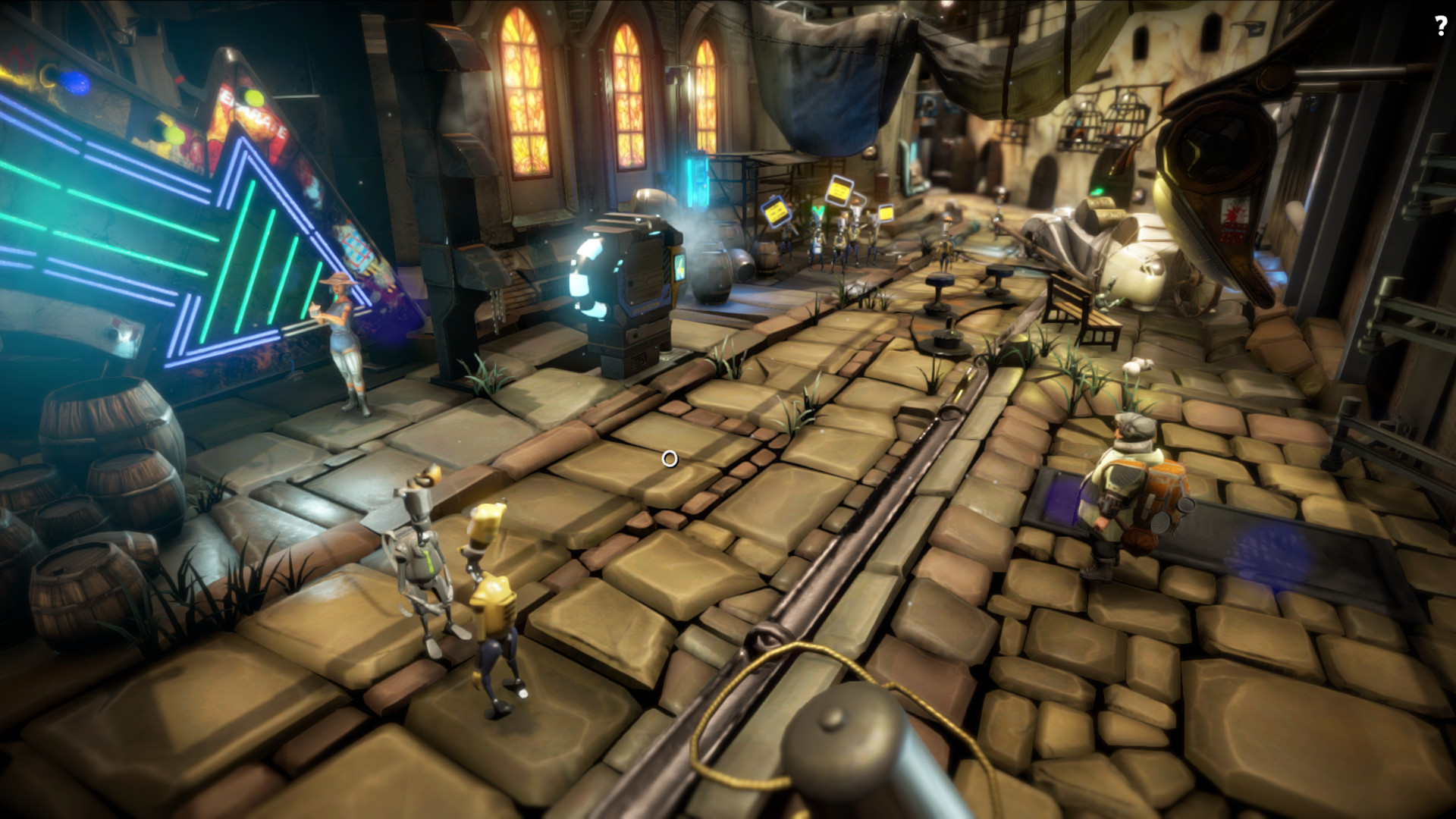
The concept of living in a domed city is used to great effect here. It feels claustrophobic, grungy and derelict, constantly reinforcing the terrible living conditions of its residents. The surreal nature of war and its sci-fi dystopian setting are perfectly represented through the many abstract concepts scattered throughout. Suffice to say, the developers made the most of their unique setting and utilised creative ideas to express their themes.
“I did genuinely enjoy KAPIA’s story, it is just a shame it felt a little too rushed.”
Unfortunately, while the game’s setting is rather inspired, the time spent in it feels all too rushed and brief. A big issue I had with the story was its breakneck pacing that passes you by disappointingly quickly. The game does not stick with a story beat long enough for you to properly immerse yourself within it. KAPIA presents so many intriguing narrative beats only to quickly brush them off and move on to the next.
This can be incredibly frustrating as I felt that there was a lot on offer in terms of thematic and narrative possibilities. Due to the game’s short length – maybe four hours at a casual pace – it seems forced to move through its story incredibly quickly. It could have done with being at least 8 to 9 hours, which would have given the game breathing room to properly explore its narrative.
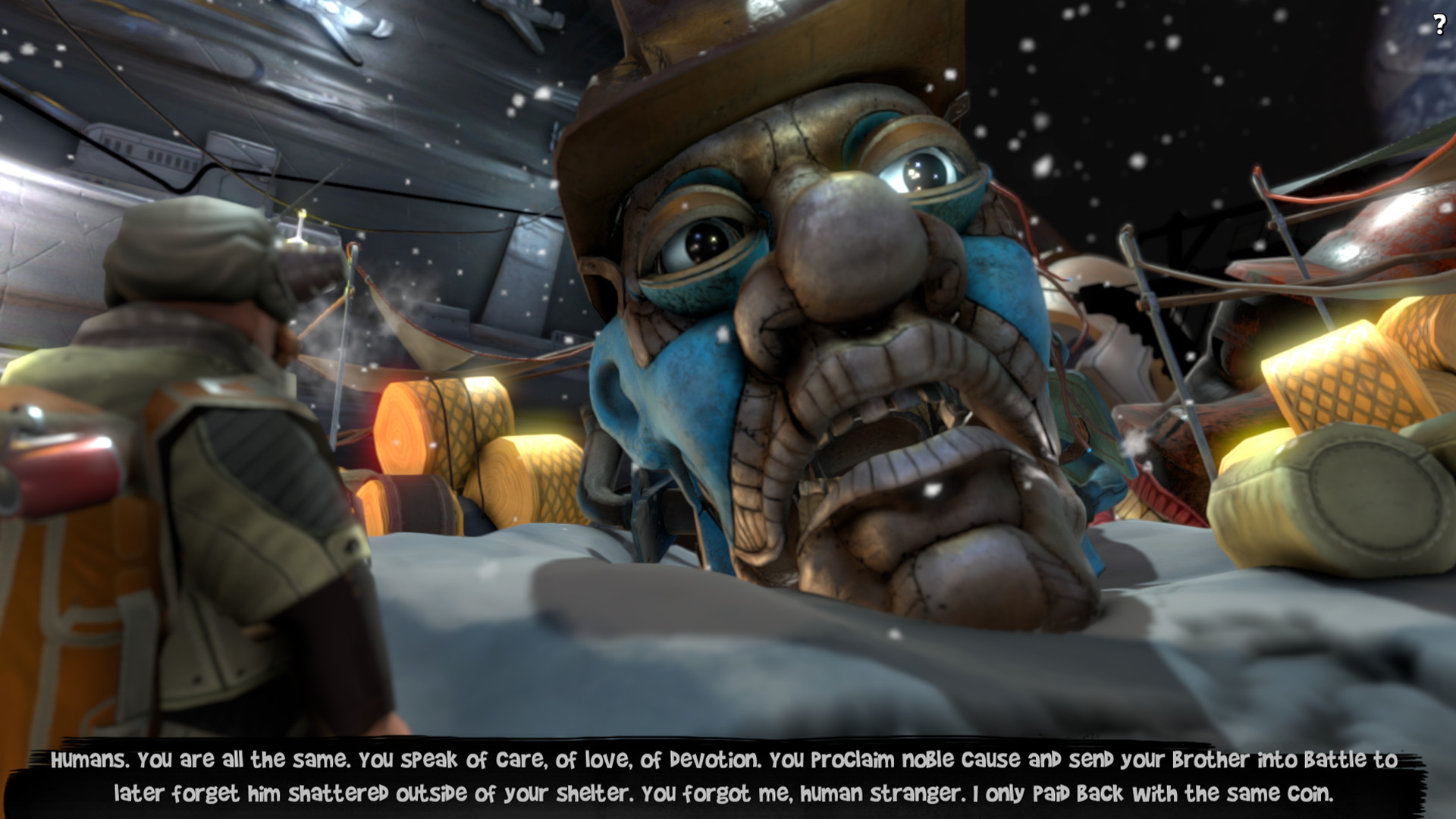
However, while it’s easy to criticise a narrative for being too short, it is clear that the duo developing it put in as much care, love and effort into the narrative as they could. The game features a lot of great voice acting and expressive cutscenes to really sell both the world and the overall narrative. It is populated by a series of genuinely interesting characters, including the game’s central protagonists, which help make the best of an unfortunately brief situation. I did genuinely enjoy KAPIA’s story, it is just a shame it felt a little too rushed.
“KAPIA can be incredibly linear and I felt a constant and nagging sense of hand-holding throughout.”
It is clear that the developers clearly love the point & click genre and that so much passion and adoring affection for it went into KAPIA. This is a game that embraces the many wonderful facets of a point & click game while attempting to innovate where it can on some of the more unfavourable features.
Unfortunately, there are some shortcomings to its overall gameplay loop. KAPIA sticks fairly rigidly to the tried and tested formula of a point & click adventure game. You’ll wander around gorgeous environments interacting with as much as you can and talking to various NPCs. The 3D locations are incredibly detailed and offer up an exciting array of interactables for you to play around with.
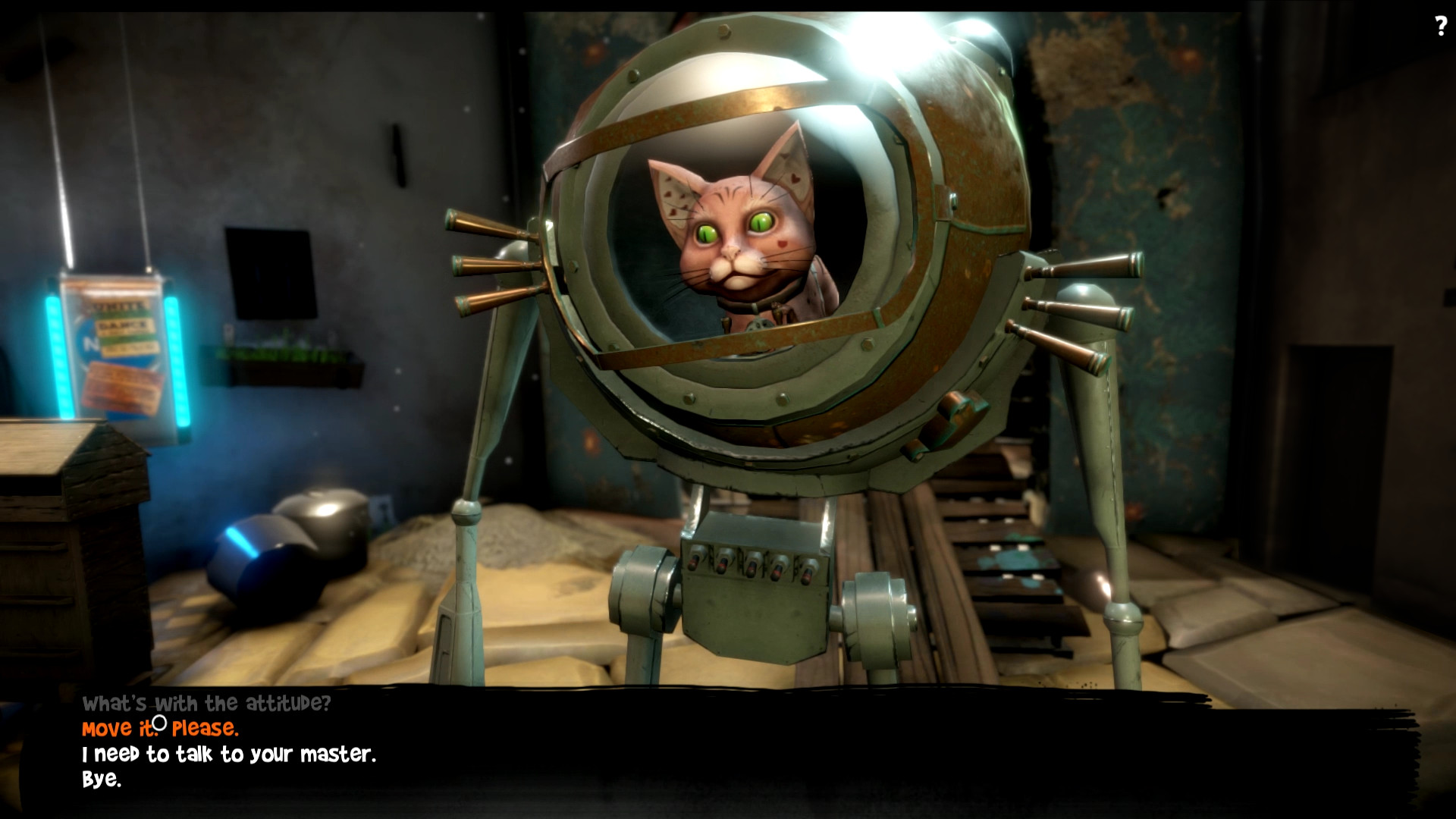
However, for the most part, the experience is incredibly linear and I felt a constant and nagging sense of hand-holding throughout. The game has an unnecessary amount of tutorial popups that tend to overexplain relatively simple mechanics, and there is also a hint system that is easy to abuse. While of course, these features are great for first-time players of the genre, for the most part, I didn’t find the puzzles all too difficult to figure out.
“There’s a fluidity and detail in the animations that you’ll also see across the many dialogue interactions.”
Unfortunately, another issue I encountered with KAPIA was its overreliance on forced camera perspectives. While, to a degree, the camera angle does move with you, the angles in which you see the world are all pre-set. As a result, I constantly found myself having trouble keeping up with the camera and even found myself veering off into a completely different direction as the angle changed unexpectedly.
To make matters worse, I was often getting stuck while attempting to interact with something. While for the most part, I could cancel what I was doing and try again, there were a few occasions in which I was completely stuck and had to reload the game.
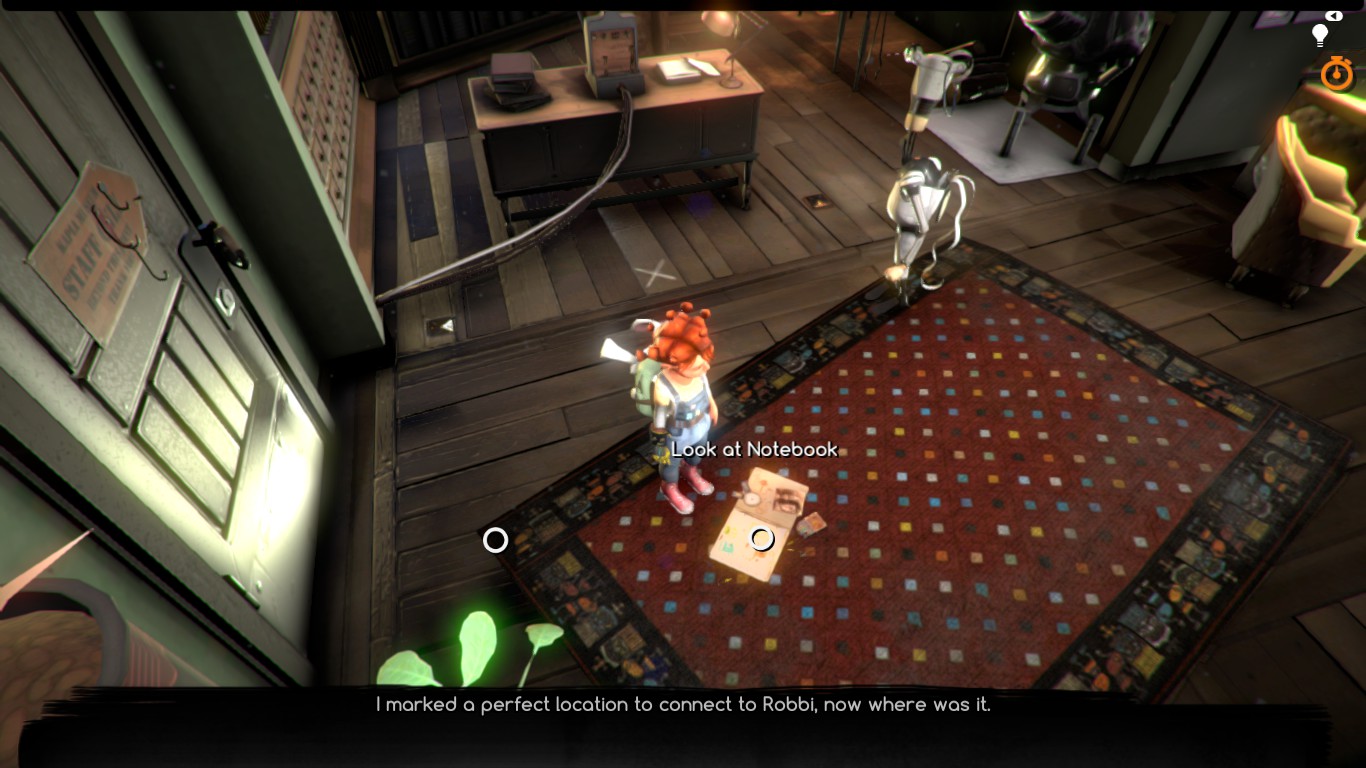
Fortunately, there were elements of KAPIA’s camera controls that were positive. For example, any of the items that you are carrying can be taken into a first-person perspective to inspect them. You’ll find yourself needing to do this quite a lot, so it works incredibly well in the game’s favour that this mechanic works so well. It also helps that the animations during these segments look really great. There’s a fluidity and detail in these animations that you’ll also see across the many dialogue interactions.
“You’ll find a lot of fantastic detail scattered throughout each location you visit, which just helps immerse you further.”
The visual style of KAPIA works is not only phenomenally stunning but also works extremely well in conjunction with its setting and themes. It’s dark and grungy, unwaveringly unique, at times disconcerting resembling something out of a Tim Burton film, and at others colourfully hopeful injecting the game with some much-needed brevity.
While the visuals themselves at times feel a little low quality, this setback is greatly overshadowed by the creativity that went into creating its world and characters. You’ll find a lot of fantastic detail scattered throughout each location you visit, which just helps immerse you further.
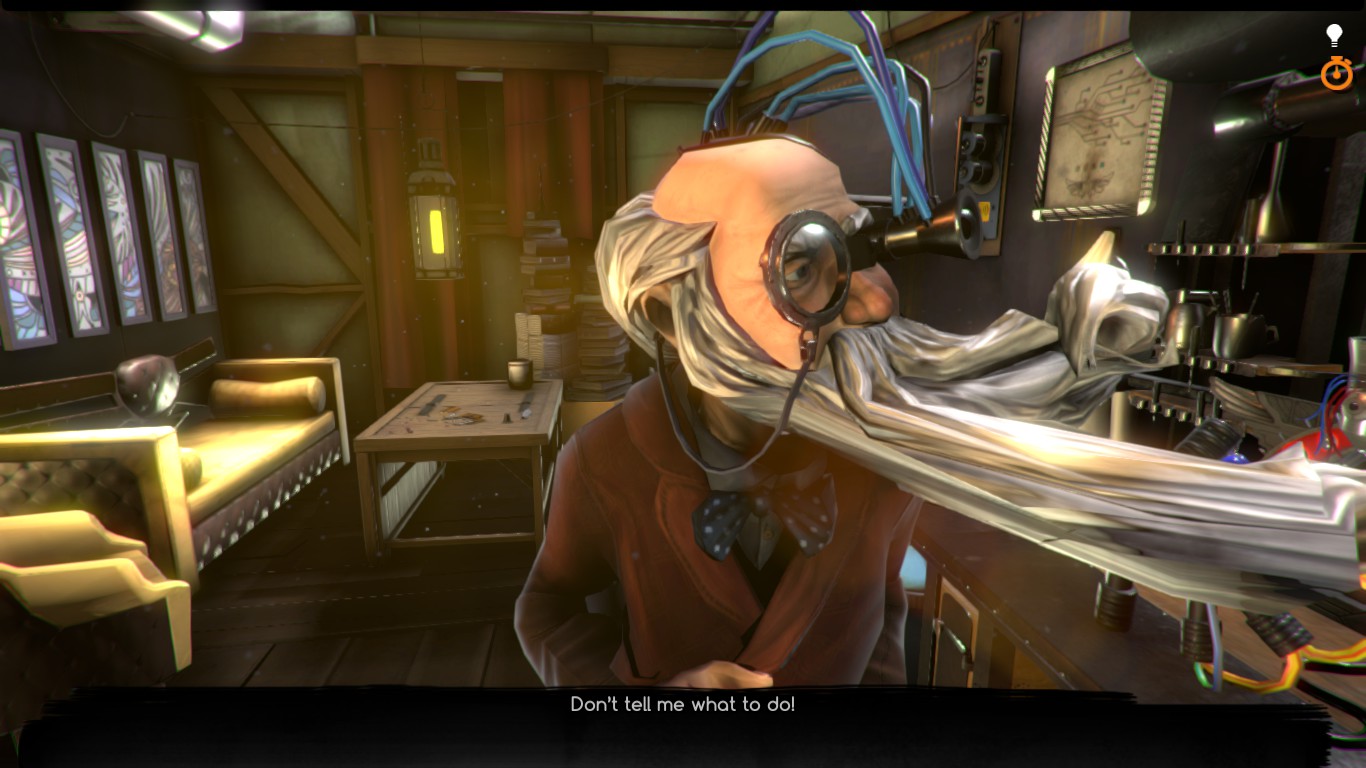
Unfortunately, I encountered a few graphical glitches and bugs throughout my playthrough that ruined the incredible work that has gone into making the game look the way it does. These ranged from frankly rather funny, to immersion-breaking which was a little detrimental to my overall experience.
“An amazing game does exist here…somewhere”
It’s such a shame that the game has a lot holding it back. I want to completely love it. I want to be so engrossed in its phenomenal world, colourful cast of characters and astonishingly detailed visuals, to explore and delve deep within its lore as much as I can. However, while a lot of KAPIA is near-perfect, there were a handful of problems that kept me from enjoying it completely. There is an amazing game in here somewhere, but it just isn’t always visible.
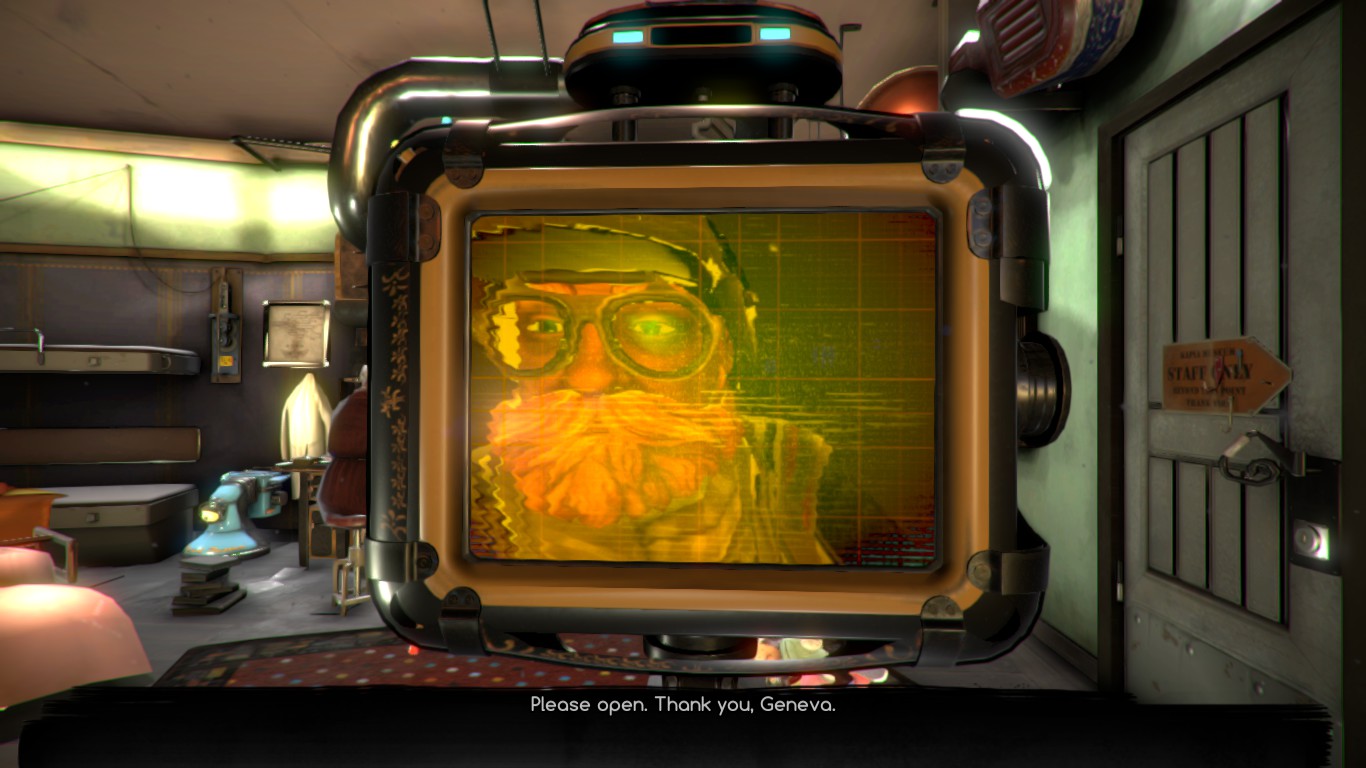
I would honestly love to see this world continue. Perhaps going forward, 2FOR2 can expand on the good parts of the game, and refine what doesn’t work in any future instalments. Even if they don’t expand on KAPIA, 2FOR2 clearly have a lot of love for storytelling and video games, so it would be a definite shame to not see any more from this very passionate developer.
You can buy KAPIA on Steam now for $19.99/£15.49.
*Disclaimer: Reviewed on PC, code was provided by the Publisher.






